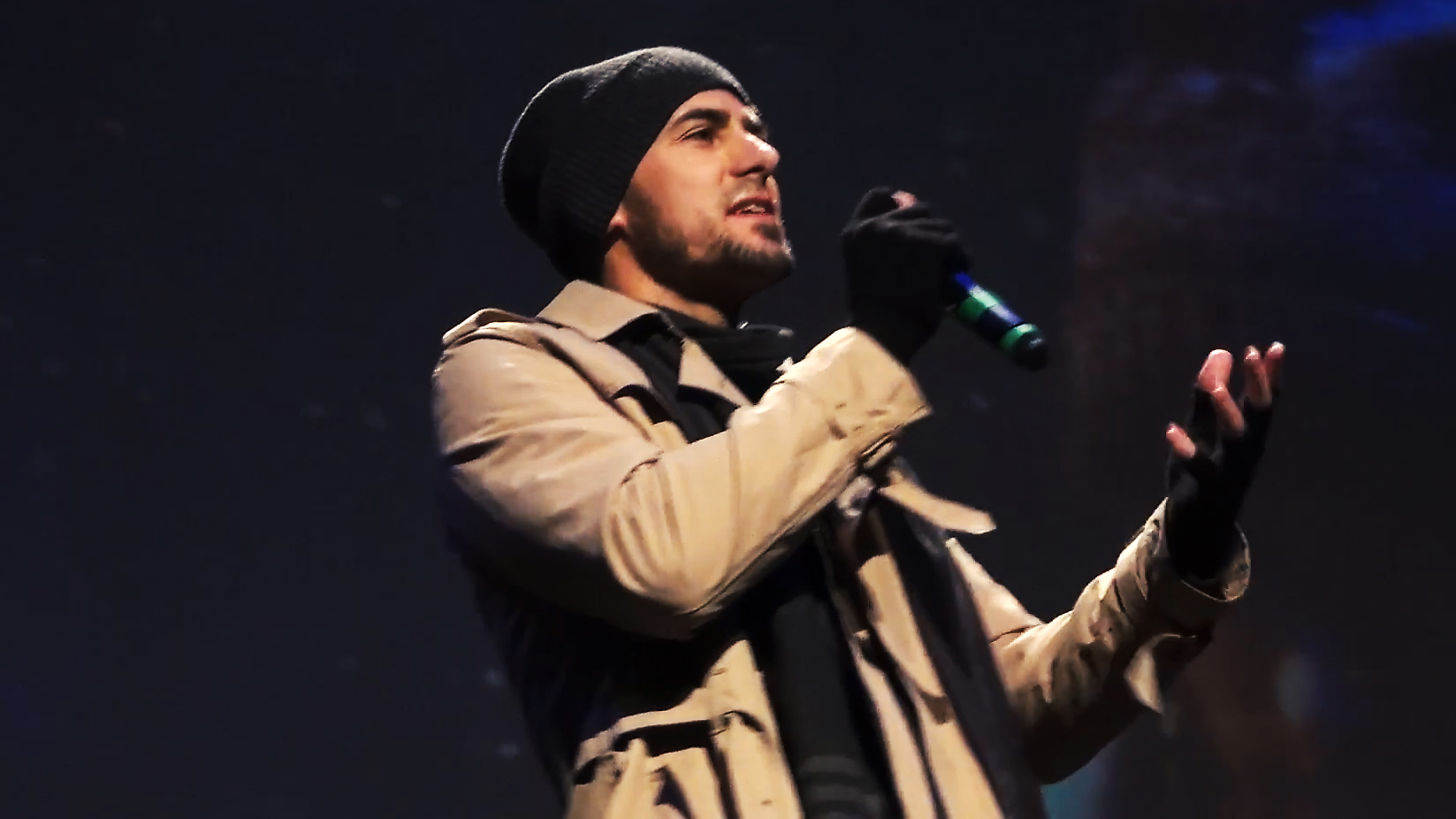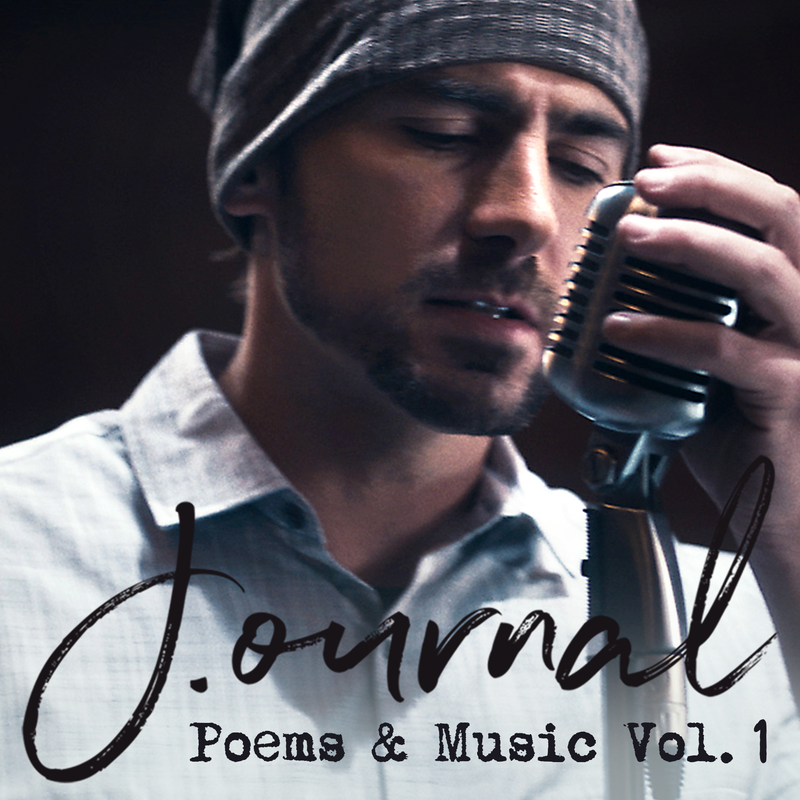Click here to share or comment on YouTube.
The last television series I watched was LOST, which aired its season finale way back in 2010. It was a remarkably well-produced sci-fi action drama about plane crash survivors on a mysterious island, most well-known for its cryptic mythology and puzzling paradoxes. The characters were probed by smoke monsters, infiltrated by hostile inhabitants, and swept up in supernatural synchronicities.
The island was rife with ruins, mystic healing powers, and electromagnetic energy that facilitated time travel and spatial disposition. A specific sequence of numbers frequently appeared, implying some sort of consequential code that would unlock understanding and make it all make sense.
However, as the series began to draw to a close, the gap between questions and answers continued to widen. And for all of its mind-bending plot twists and compelling cliffhangers, it became increasingly apparent that in the end, the audience would be ones left hanging.
I wanted resolution. I wanted to know how all these pieces of the puzzle fit together. In short, I wanted it all to mean something.
When it didn’t, it left me feeling empty and deceived.
I’ve since wondered why this broken promise of meaning bothered me so much. TV shows aren’t lawfully required to explain themselves. Holding my attention for six years – 121 episodes, was perhaps proof that they upheld their end of the bargain between entertainment producer and entertained consumer.
But the question of meaning has haunted humans since they’ve been able to formulate thoughts. You can search for the meaning of life on the internet and go down thousands of rabbit holes. Most of the names we know from history, if not conquerors, are philosophers. Countless thinkers have put pen to paper, or parchment, or papyrus, pondering and positing why we’re here and what we should do while we’re here.
It would seem that we are wired for meaning. We light up when we are connected to something meaningful. But when that meaning is taken away, like when a battery is taken out of an electrical circuit, or when we break the connection somehow, our light fades. We become dim and dark and lonely.
LOST did a masterful job wiring us up. They spun a splendid web of connections, but ultimately left us without a battery to power the circuit.
The modern philosophies of man do the same. We are often flat-out told that there is no grand meaning to life. There never was. We’re just temporarily animated stardust, so make up whatever meaning you need to get you through the day. Change it if necessary. There’s no such thing as objective truth or meaning that we can all ascribe to.
Even the tried and true sources of meaning that we’ve esteemed in the past are facing extinction. Young people are admonished:
You’re crazy to believe in God. Or to believe in anything. Or commit to anything. Your country is evil. Your past is deplorable. Marriage and children are negligible at best, and a great burden at worst. Cradles and kitchens are prisons. There’s nothing special about humans. In fact, we’re biohazards. We’re cancers to the planet.
It’s no wonder we are dark and lonely. No wonder that anxiety and suicide are rising. It’s no wonder that we’re likely the most depressed generation ever, even though we live in the time of most abundance. We are starving to death, with our stomachs full. Endlessly fed, but never nourished.
We are vintage Ferraris
sidled up to electronic charging stations
gasping for fuel
Sensing this hunger and lack of connection to meaning, ideologues will come along and offer hacks to short-circuit or bypass the problem. Those regarded as important and influential will extol the choice certainties of political party, popular culture, and identity groups. And they’ll do so using undeniable slogans.
But these are short-circuits and long cons. When current gathers together and travels along an unintended path in a circuit, the result is always explosions and fire. And by the time the forgery is exposed, the engineers are long gone.
So how do we find real, lasting meaning that won’t leave us deceived and charred in the end?
First, we should define what meaning is. For something to be meaningful, it has to have a purpose, and it has to have significance. A hammer’s purpose is to pound nails, but it probably doesn’t have much significance. A family heirloom has significance, but probably not much purpose. But we’re not interested in material items here. How can a person have purpose? How can a person have significance?
We know it’s not enough to simply exist. Even if housed and fed and kept safe, it’s not enough for us. We have to feel like we’re making a difference to someone or to some greater good beyond ourselves.
One way to do that is to work. Having someone else rely on us to get a job done gives us purpose. Having someone else pay us to do something makes us feel valued. We can also see this as contributing to society. Anyone who’s ever been part of settling a new town or building a hospital or starting a non-profit knows that everyone involved has to do their part. They have to work together to make something. There’s purpose in the end result, but everyone has found purpose in the work required to get there. And they’ve most likely learned a great deal along the way.
In times past, we’ve not had much choice but to work. If we didn’t work, we didn’t eat. It was pretty simple. Purpose found us before we could sit complacently enough to contemplate it.
Today, resting in the belly of technology there seems to be an aversion to work. Especially work that requires actual “work”. We see labor as beneath us and leave as much of it as we can to those we feel somehow superior to. But as I see the atrophy of dying towns across the country where work has become unavailable, I can’t help but also see the atrophy of our souls when we unavail ourselves to work.
We can also find purpose in family and friendship. In taking care of other people. In taking on responsibility, which by definition, gives us purpose, because we are responsible for someone else.
But there’s more. Shouldering responsibility also begets love. Everyone yearns to be loved in a real and lasting way, but that can only happen when someone else looks outside of themselves, and takes the formidable but fruitful next step – which is to give up part of themselves. To sacrifice.
Just like we’ve become averse to work, I think we’ve become averse to sacrifice. This generation hasn’t had to fight any major wars. We have our food brought to our doors. Generations before sacrificed for their posterity. Now, we tend more toward sacrificing our posterity for ourselves. Many have been fooled into believing that their life outcomes will be measured by their life incomes, only to find themselves completely broke in the end. Another short-circuit. Another long con.
This concept of sacrifice is crucial. It deserves a deeper look.
Jordan Peterson talks about this in his book “12 Rules for Life”, specifically in the chapter aptly titled “Do what is meaningful, not what is expedient”. He talks about how humans have learned to share with each other. In an ancient context, one tribe shares meat from a successful hunt with another tribe, making a deal that the favor will be returned at a future date, which is mutually beneficial to both tribes. But we’ve also learned that we can obtain something better for ourselves in the future by giving up something of value in the present. We’ve learned how to not eat all of our food at once. Or to not spend all of our money at once. It’s tempting, when you get money, to just buy whatever you can. But it’s better to save what you can, to put it in some kind of account that will earn more money for you in the future. So in a sense we’ve learned how to make a deal with our future selves.
This deal can only happen by sacrificing. By giving up something expedient for something more lasting – more meaningful. For our future selves, or our present family, our friends, our neighbors, or even strangers.
It’s not easy. Admittedly I’m not great at this. By default I’m inwardly focused. But I continue to find that when I step outside of myself, and sacrifice, I feel better. I’m able to help others feel better. I’m more connected. Life has more meaning.
I think of mothers. The sacrifice of bearing children, nurturing them, helping them grow and learn, helping them through all their pain and sorrows, celebrating their victories with them, and then, sacrificing them to the world. But they’ve participated in the most divine endeavor possible as humans – the creation and sustaining of another life. They’ve chosen not to do what is expedient, and instead, by giving up part of themselves they’ve connected their soul to another in the most meaningful way possible.
I think of Mary’s sacrifice. How she had to endure in excruciating silence as her son turned the world’s greatest tragedy into its greatest triumph.
I think of Christ’s own sacrifice. How it would have been far more expedient for him to pass the cup. Far more expedient to succumb to the natural human desire to avoid pain and suffering. A physical, spiritual, and emotional suffering that cut so deep that it pierced eternity. The ultimate sacrifice.
From Abel to Abraham, Peter to Paul, you’d be hard-pressed to find a more prevalent concept in scripture than sacrifice and its inseparable companion – service.
I have to think there’s a reason for this. I don’t think it a coincidence that those that think of themselves the least are the most content, the most fulfilled.
But what if this concept goes even further? What if this life is about sacrificing and sharing with our future life, beyond the grave? What if the deals we make with ourselves are not just of temporal benefit, but spiritual?
After all, if heaven has the best interest rates
laying up our treasures there
would rate as our best interest
What if these afflictions are momentary
and at the end of this chapter of the story
we find that these sacrifices have worked for us
a far more exceeding and eternal weight of glory?
I wonder if the apostle Paul and the psychologist Peterson would agree
that doing what is expedient is being carnally minded
and doing what is meaningful is being spiritually minded
and that only the latter can bring life and peace
This brings me to the other important part of meaning – significance. If the atheists are correct, even the grandest of man’s purposes will meet their expiration date. We will perish. Our families will perish. Our work and our sacrifices will perish. Our organizations will perish. Our good deeds and great novels will perish. The Earth itself will perish when the Sun gets hungry enough. Why not turn to nihilism if this is all for naught?
History is twisted and incomplete. But one thing we seem to agree on is that as far back as we can see our ancestors, we can see that they’ve had some sense of a Being greater than themselves. One could argue that humans have always made up gods to give significance to their lives. I think it at least as likely that God made humans with an intuition of His significance.
What if the post-modernists are wrong? What if there really is a Grand Narrative, and we’ve known it all along?
If we are in fact offspring of God – if the promise of eternal life spoken of by Jesus of Nazareth is true, then all of our purposes are given eternal life too. What we do actually matters.
Our causes matter. Our humanity matters. Our families matter. What happens in cradles and kitchens turns out to be infinitely more important than what happens in boardrooms and congresses. All of our efforts spent in searching for truth, learning to control our impulses, and becoming attentive to the plight of others is not perishable, but permanent.
Not only that, being children of God gives us an identity. Not one of the earthly identities that we assign ourselves that can often be divisive, exclusionary, and contradictory, but a divine identity that is uniting, inclusive, and complete. An identity that will always encourage us to build rather than destroy. To look upward rather than downward. To do good, rather than just mean well.
Not only does it change how we see ourselves, it changes how we see each other. Our brothers and sisters become vistas to be explored rather than wastelands to be ignored. We’re more implored to see the good in people. To see them how God sees them. And to see each other as equals.
This divine doctrine was revolutionary when it was introduced to a world that had only known stratified humanism. It shattered all previously well-accepted maxims and elevated all souls to the maximum – equally magnificent before God. It rendered caste systems and slavery and sultans as paltry products of vain imaginations. We forget that those were norms, not exceptions. To grasp the significance of this decree is to grasp the significance of our being.
I would argue that the main purpose of Jesus’s ministry was to show us how significant we are. To invite us to see ourselves in the Grand Narrative. To step into it, and live it. Not just to think of it as a possible philosophy that explains our longing of belonging.
When He fed the multitudes with the 2 fish and 5 loaves, he wasn’t just feeding the hungry droves. He was showing that the sustenance he provides is bountiful and limitless. That when we discover this true meaning, it will multiply. He is the life-giving battery in our circuits – if we stay connected to Him the light within us will grow brighter and brighter. We can finally be fulfilled and settled and satisfied.
When he washed the feet of his disciples, he was exemplifying sacrifice and service. Saying, I know it may not look like it, but this is the way to happiness and purpose. Live as I’ve shown you and you will no longer gasp for fuel.
As I mentioned in a previous episode, there’s the simple utility of a piano as the physical sum of its mechanical parts, or as a collection of atoms stuck together in certain ways. But the real purpose of a piano isn’t revealed until a talented pianist comes along and plays it. It comes to life and becomes far more than the sum of its parts.
Whether one believes in God or not, living life as though we are far more than the sum of our parts, and acting as though there’s meaning above and outside of our own personal desires and flaws results in a significantly higher quality of life than could be achieved even if we were 100% efficient at living only for ourselves.
So, what is the meaning of life?
To answer that, we must first listen to the voice that tells that is there IS meaning to this life. The fact that meaning is so important to us, the fact that we keep asking this question should tell us something.
We were created to seek meaning. At the same time, the breadth of our knowledge is humbly incomplete. We can’t know everything, but to this beautifully perplexing position we find ourselves in, awe and wonder are the appropriate responses. We should lean into them.
We should seek purpose. Rather than abandoning the timeworn and tested tenets of faith, family, work, and sacrifice, we need to rekindle them. Our civilization may be modern, but our condition is ancient, and perpetual.
We should seek to grasp our significance, and fathom whatever we can from where we currently stand. Even if the waters we navigate are unsettled, persistently peering out over them is certainly the best way to discover the promised land.
As we surrender the self-centered story and enter the grand narrative of glory, our quest for meaning will finally come into focus. Purpose, significance, and identity will be revealed.
These transcendent revelations will make four-toed statues and time traveling islands seem like child’s play. We will not be shipwrecked, or plane-crashed, but brought home and made complete. Joy will abound.
For we will not be LOST, but found.



